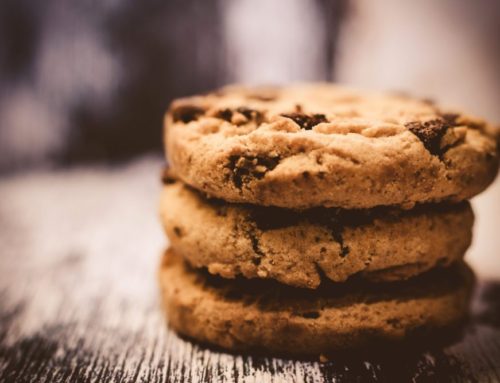Are you stressed?
Chances are, your stress affects digestion. When we are in very stressful or chronically stressful situations, our fight-or-flight response gets activated. In order to preserve needed energy to deal with what the body perceives as a threat (this could be a toxic boss, experiencing racism, marital conflict, financial stressors, internal stressors like infections or inflammation, etc), our wise bodies slow digestion down and sometimes even bring digestion to a complete stop. This contributes to all kinds of symptoms, including depression and anxiety.
Since most of our serotonin is made in the gut, digestion that is disrupted by stress will interfere with our supply of this feel-good neurotransmitter. Bring on the depression and anxiety.
What aspects of your life create stress?
Not all stress is bad, of course. The stress we feel when working hard to complete a meaningful project on time or the stress we feel when preparing for long-awaited vacation are part of the landscape of life. Stress that goes on for long periods of time or stress resulting from major dysfunction or threats to our well-being is the kind that harms our digestion (and therefore our overall physical and mental health). Usually, we can’t eliminate or decrease these major stressors over night. In the meantime, here are 5 things you bring into your diet to buffer the damage and reduce depression and anxiety while you make your plan to downsize your stress load.
- Eat dark, leafy green veggies. Spinach, for example, is packed with folate which promotes the production of serotonin and dopamine … neurotransmitters that support calm and positive moods. Raw greens can be hard to digest if your gut is struggling so cooking your greens first is helpful. Massaging also works.. try this Kale Salad recipe for an easy dose of mood boosting goodness.
- Tryptophan-rich foods supply the amino acid needed to make serotonin and boost your mood. Turkey, pumpkin seeds, and organic pasture raised eggs are great sources of tryptophan
- Fermented foods boost the beneficial bacteria in your gut which can improve digestion, nutrient absorption, and decrease depression and anxiety. Try fermented vegetables (unpasteurized kim chee or sauerkraut are great), kefir or yogurt that are low in sugar(non-dairy forms like almond or coconut based varieties will be less inflammatory than those made from cow’s milk), and fermented drinks like kombucha or water kefir.
- Skip the sugar! Stress often triggers sugar cravings. Then we eat that sugar and begin the chemical process that leaves us craving more and more sugar. Stress and poor digestion can create fatigue and leave us grasping for the quick energy and temporary mood boost (a brief high that puts us into an addictive cycle) that sugar can produce. Though this might feel good for a few minutes, it is creating toxicity and gut damage that will make us feel worse in the long run. Consuming refined sugar also sets us up for a blood sugar roller coaster that directly results in irritability, depression, anxiety, and disrupted sleep.
- Stabilize your blood sugar. Skipping meals is one of the worst things we can do during times of stress. Eating 3 balances meals per day with lots of whole foods is crucial to keeping our blood sugar stable. Aim for some fiber, health fats, and protein in each meal and avoid processed food to support your gut, brain, and overall well-being. Keep healthy snacks like kale chips, pumpkin seeds, pistachios, avocado slices, flax-seed crackers, hummus, or coconut chips on hand in the event you get hungry between meals or have to work through lunch.



